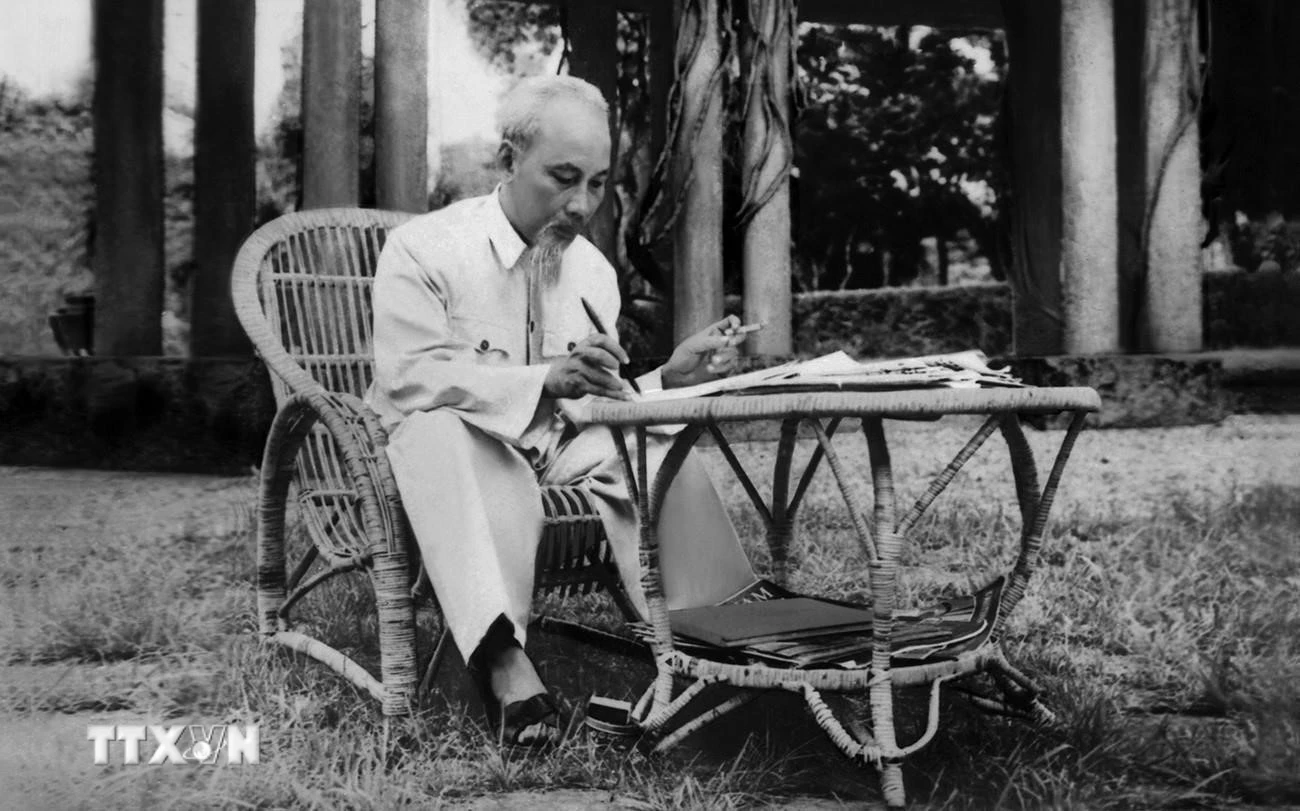
During his lifetime, President Ho Chi Minh often spent time reading, commenting and directly approving news and articles of VNA. (Photo: VNA)
He laid the first bricks on the journey to find a way to save the country when he saw the great power of the press and later became the founder of the Vietnamese revolutionary press, and was also a pioneer soldier on this front.
President Ho Chi Minh's thoughts on revolutionary journalism
Ho Chi Minh's thought on revolutionary journalism is an important and unique content, expressing a great vision and profound viewpoints and philosophies on the nature, characteristics, functions and tasks of revolutionary journalism.
Fight for freedom of speech
Very early on in his revolutionary path, Leader Nguyen Ai Quoc fought to gain freedom of speech - one of the sacred basic human rights - for the majority of the masses, then guided and together with the people used that right to build a new, better, more humane and developed social regime.
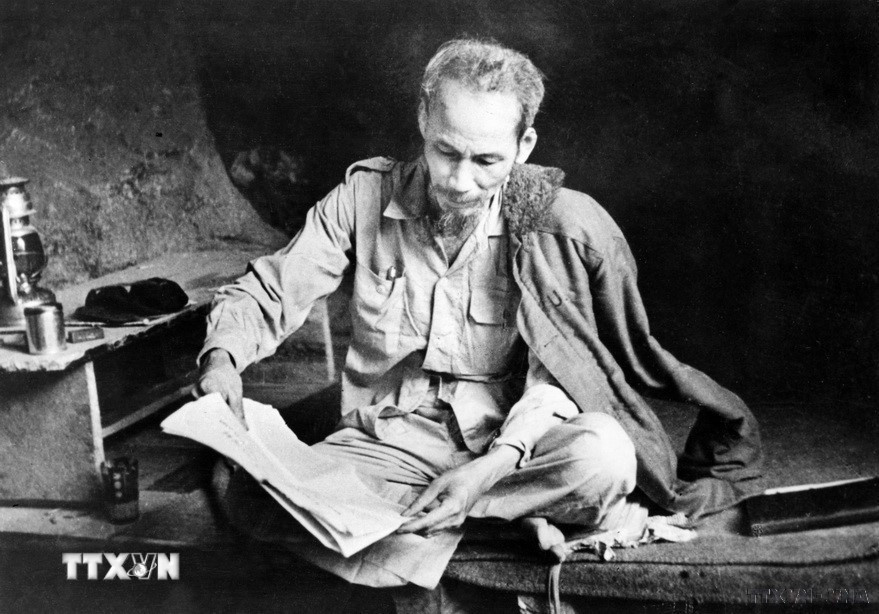
President Ho Chi Minh was an active reader of domestic and international newspapers. He trained himself to read newspapers regularly and seriously. He did not meet guests at the beginning of the working day, the first thing he did at that time was to look through the newspapers. In the photo: During the resistance war against French colonialism in Viet Bac, President Ho Chi Minh spent time reading books and newspapers. (Photo: VNA)
In the third of the eight demands of the Annamese people, Nguyen Ai Quoc demanded that the Vietnamese people in particular and the oppressed peoples in general have the right to "Freedom of the press and speech."
After the Democratic Republic of Vietnam was born, asPresident , he further emphasized that the press - which is of the people, by the people and for the people - plays a great role in the cause of building and revitalizing the country.
Affirming the important role of the press
In the letter “To the cultural and intellectual brothers of the South” dated May 25, 1947, he affirmed: “Your pens are also sharp weapons in the cause of supporting righteousness and eliminating evil.”
In June 1949, in “Letter to Huynh Thuc Khang’s journalism class”, he advised: “The task of the newspaper is to propagate, agitate, train, educate and organize the people to bring them to a common goal.”
Next, in his “Speech at the Third Congress of the Vietnam Journalists Association (September 8, 1962), he affirmed: “Journalists are also revolutionary soldiers. Pens and paper are their sharp weapons.”
Promoting the party spirit of revolutionary journalism
As the person who laid the foundation for the birth of Vietnam's revolutionary press, creating the premise for the founding of a revolutionary political party in Vietnam, he always emphasized the need to thoroughly grasp the party nature associated with the people's nature of revolutionary press.
In his “Speech at the Second Congress of the Vietnam Journalists Association” (April 16, 1959), he emphasized that: “Our press must serve the working people, serve socialism, serve the struggle for national reunification, and for world peace.” “Our press is not for a small number of people to read, but to serve the people, to propagate and explain the Party and Government’s guidelines and policies.”
Taking serving the people as the highest criterion
Emphasizing the popular nature of journalism, he pointed out: "The target audience of the newspaper is the vast majority of the people", therefore, to serve the people well, the way of writing articles must be simple, easy to understand, the language must be clear; writing to serve the people must definitely choose what is beneficial to the people and serves the revolutionary cause.
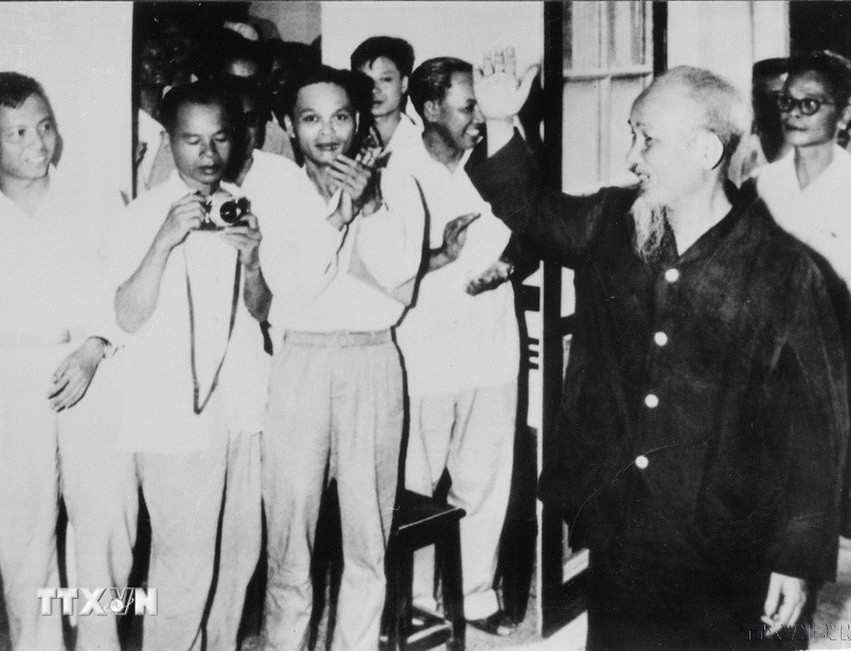
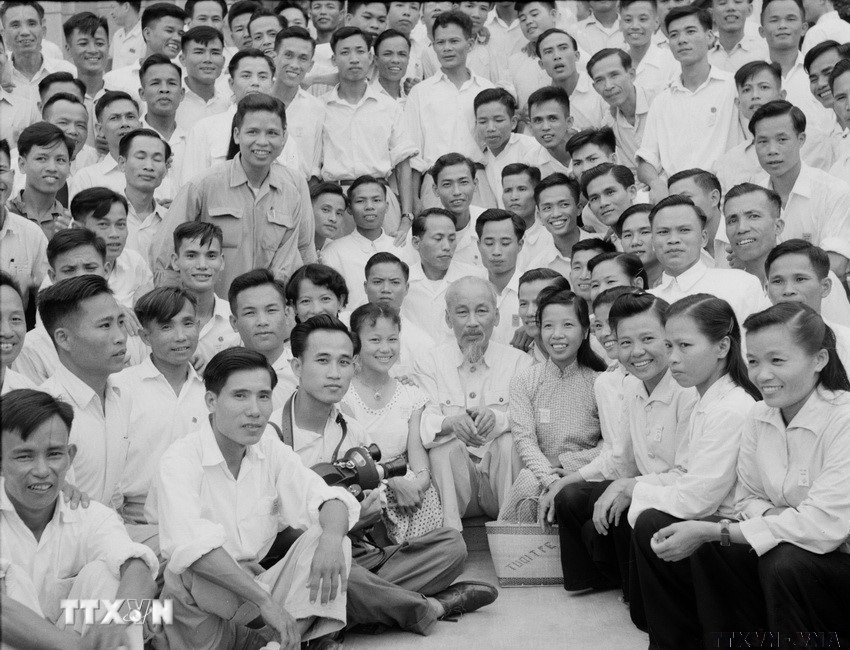
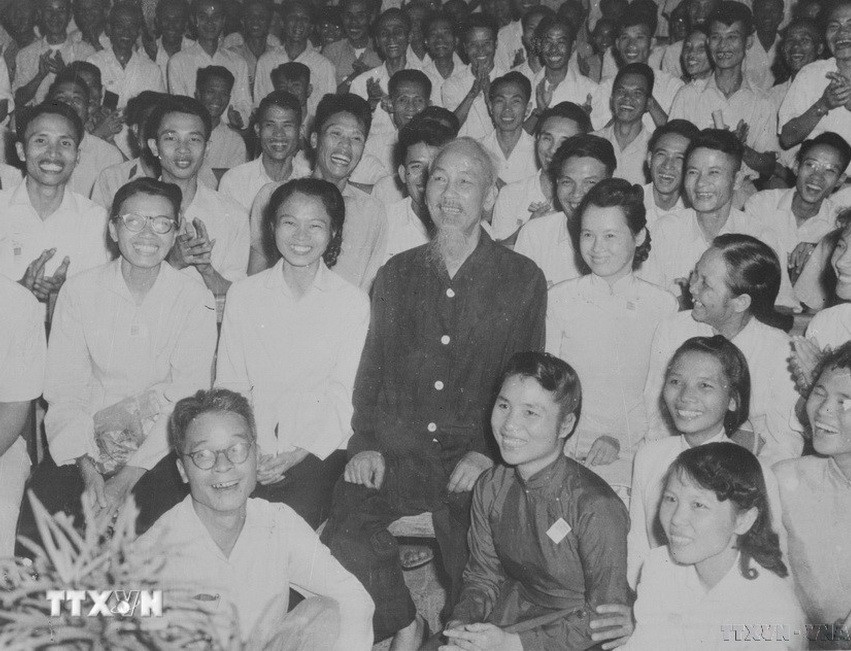
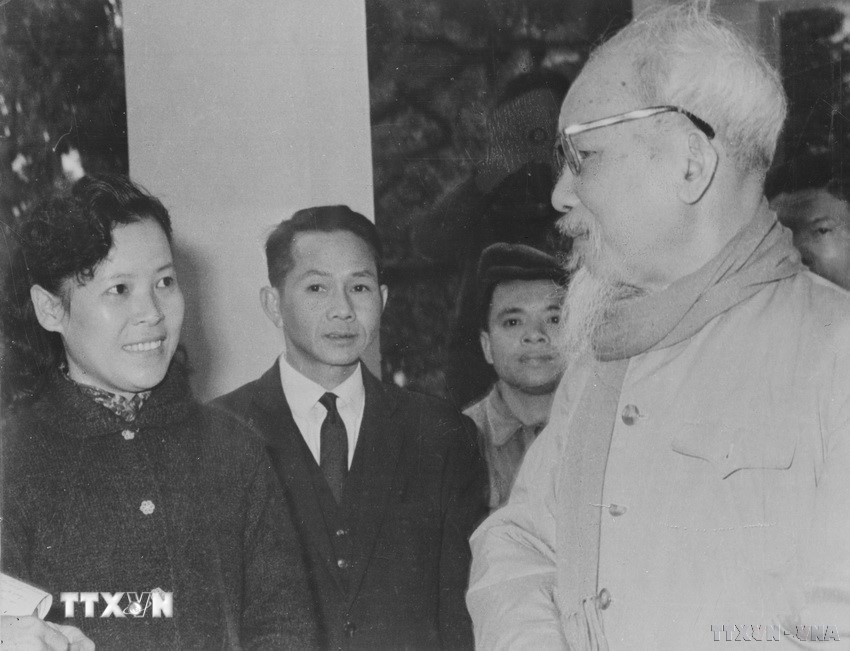
The Vietnamese revolutionary press always adheres to its role and responsibility in propaganda, taking serving the people as the highest criterion for its activities, and by extension serving all the work of the Party and the country. He pointed out: "Not only writing books and articles, but any work that wants to be done well must take the people's opinions seriously."
It can be affirmed that in Ho Chi Minh's thought, the people's, national and party's nature of revolutionary journalism are always placed in a whole, having a dialectical relationship. In other words, emphasizing party's nature is the basis for affirming the people's nature of Vietnam's revolutionary journalism.
Under the leadership of the Party and the research, application and creative development of Ho Chi Minh's ideology throughout the revolutionary process, Vietnamese press and media have continuously matured in all aspects.
Many generations of journalists and reporters are the core force on the ideological and cultural front, making great contributions to the Party's revolutionary cause and the cause of building and defending the socialist Vietnamese Fatherland in the new era.
Affirming the great role of revolutionary press in recent times, General Secretary To Lam emphasized: “The press has done a very good job of propagating and widely disseminating the Party's major policies and orientations on the “New Era,” on the revolution of streamlining the apparatus of the political system, on the efforts and determination to handle the “bottlenecks” that are hindering the country's development.
Through that, the Vietnamese revolutionary press has truly integrated itself into the flow of practical life, clearly demonstrating its role in leading ideology and accompanying the great steps of the Party, spreading trust, responsibility, and aspiration for development among all classes of people.
These contributions are not only the results of creative labor but also a testament to the courage, intelligence, and social responsibility of the press team in carrying out their historical mission."
Great journalist Ho Chi Minh
Although not considered a professional journalist, President Ho Chi Minh spent more than 50 years working as a journalist during his 79 years of life.
From the first article published in the newspaper Workers' Life in 1917 in France to the last article that President Ho Chi Minh wrote, "Letter in response to US President Richard Milhous Nixon" (Nhan Dan Newspaper, August 25, 1969) (some documents record it as "Raising the responsibility for caring for and educating children", signed TL, published in Nhan Dan Newspaper on June 1, 1969), President Ho Chi Minh had a journalism career that lasted 52 years.
He left behind a great journalistic legacy with more than 2,000 articles of all kinds, nearly 300 poems, nearly 500 pages of stories and memoirs... expressed through more than 170 pen names, written in many languages: Vietnamese, English, French, Russian, Chinese...
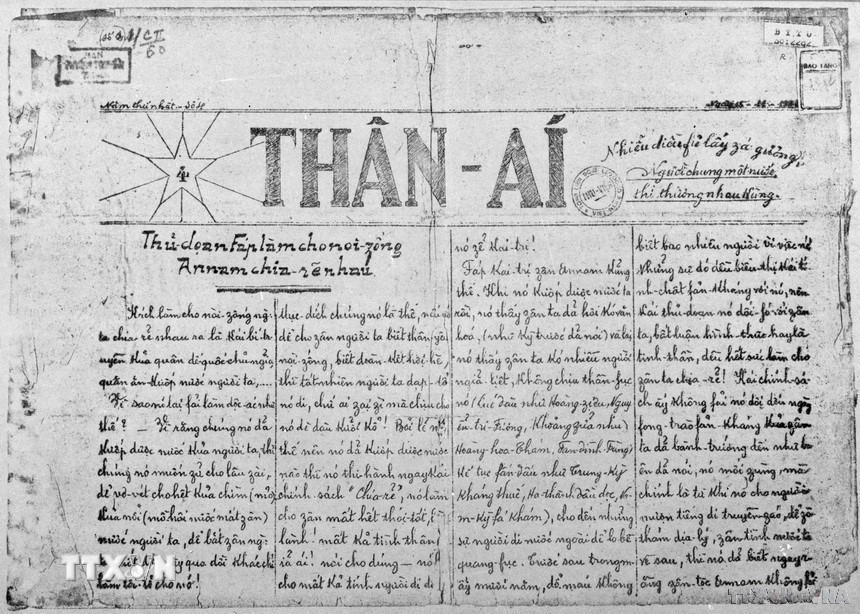
In the late 1930s, Nguyen Ai Quoc was in Thailand and founded the newspaper “Than Ai”, aiming to unite and enlighten the revolution for overseas Vietnamese in Thailand. (Photo: VNA documents)
From the first article published in La Vie Ouvrière ( “Workers' Life” ) in 1917 in France to the last articles in Nhan Dan Newspaper in 1969, President Ho Chi Minh demonstrated the role of a pioneering revolutionary journalist, who used his pen as a sharp weapon to serve the cause of national liberation.
During his early years of working in France, he wrote many important articles such as "Colonial Mind", "Indigenous Peoples' Problem", especially "Demands of the Annam People" sent to the Versailles Conference in 1919 - an article that marked a turning point in his revolutionary thinking and actions.
At the same time, he also realized that, in order to use the press as a sharper ideological weapon, it was necessary to establish his own newspaper. Accordingly, in February 1922, he founded Le Paria (The Miserable) - the voice of the Union of Colonial Peoples. During his participation in Le Paria, he wrote dozens of highly militant articles, guiding the colonial revolutionary movement around the world.
In 1925, he founded Thanh Nien Newspaper - the mouthpiece of the Vietnam Revolutionary Youth Association. The publication of Thanh Nien Newspaper was not only a milestone marking the birth of Vietnam's revolutionary press, but also the beginning of the glorious journey of Vietnam's revolutionary press over the past 100 years. The articles in Thanh Nien contributed significantly to the dissemination of Marxism-Leninism, preparing the ideology, organization and forces for the birth of the Communist Party of Vietnam in 1930.
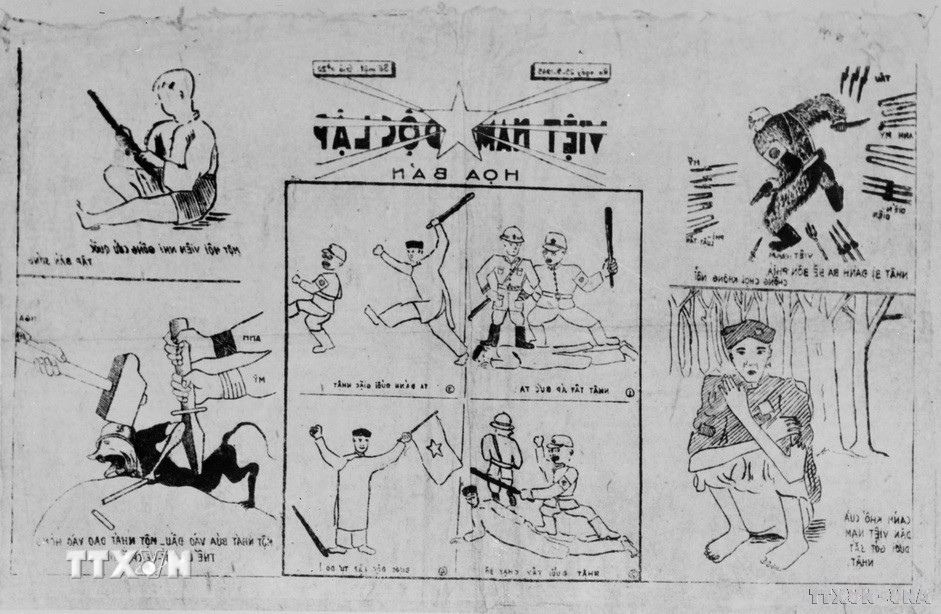
President Ho Chi Minh's unique journalistic style and style always aimed to make the articles lively, attractive, easy to understand, easy to remember to spread and promote revolutionary thoughts and actions to each individual subject of the article. In the photo: Photos published in the newspaper "Vietnam Independence" founded by President Ho Chi Minh, published on April 10, 1945, to promote and propagate the Vietnamese revolutionary movement. (Photo: VNA documents)
After returning to the country in 1941, he founded the Independent Vietnam Newspaper (1941-1942). This was the first newspaper in the revolutionary base area. With the Independent Vietnam Newspaper, Leader Nguyen Ai Quoc changed from the theoretical journalism style (propagating Marxism-Leninism, awareness of the colonial regime and revolutionary methods) of the Thanh Nien Newspaper to a simple style, close to the masses, to the ethnic minorities; at the same time, he opened up the type of "newspaper of mass organizations" alongside the revolutionary press system of Party organizations.
After the August Revolution in 1945, as Chairman of the Provisional Government and then President, he continued to write regularly for newspapers. He continued to use the press as an important tool to mobilize the entire people to resist and build the country.
From editorials, appeals, letters to compatriots, to short, easy-to-understand articles in newspapers such as Cuu Quoc, Su That, Nhan Dan, he constantly encouraged patriotism, solidarity, and sacrifice for independence and freedom.
In particular, the National Salvation Newspaper - the mouthpiece of the Viet Minh General Department - published his articles many times with simple revolutionary soldier pen names such as "Chien Thang", "D.X." "QT", "Q.Th."...
During the resistance war against French colonialism, President Ho Chi Minh directly directed and oriented the content of many resistance newspapers. The press became a strategic communication channel serving the task of protecting the young revolutionary government and building trust among the people.
When Nhan Dan Newspaper was founded in 1951, President Ho Chi Minh regularly published articles in the newspaper. Many outstanding articles were directive, exemplary, and educational, such as: "What should a member of the Vietnam Workers' Party be like?", "Revolutionary ethics", "Diligence, thrift, integrity", "Promoting revolutionary ethics, eliminating individualism", "Promoting responsibility for caring for and educating children and adolescents" ...
At the same time, he also sent New Year greetings, letters praising advanced models, letters encouraging soldiers on the front lines... Thereby, the press is not only a weapon of struggle but also a bridge between the Party, the Government and the People.
It can be seen that Ho Chi Minh's pen, from the time he was wandering around looking for a way to save the country until the last years of his life, was always consistent with one ideal: writing to fight, to awaken, to educate, to connect millions of hearts of Vietnamese people into a solid block of great unity. It was this journalism career that created the image of a great revolutionary journalist.
The great teacher of Vietnamese revolutionary journalism
Not only was he the founder of Vietnamese revolutionary journalism, the author of a large volume of journalistic works, making great contributions to the cause of national liberation, President Ho Chi Minh also had profound teachings about journalists.
He repeatedly emphasized the requirements and criteria that every Vietnamese revolutionary journalist needed to keep in mind and implement. For him, Vietnamese revolutionary journalism was a sharp weapon of the revolution, so there needed to be revolutionary journalists with the qualities of a “revolutionary” who was loyal to their ideals and dedicated to their work.
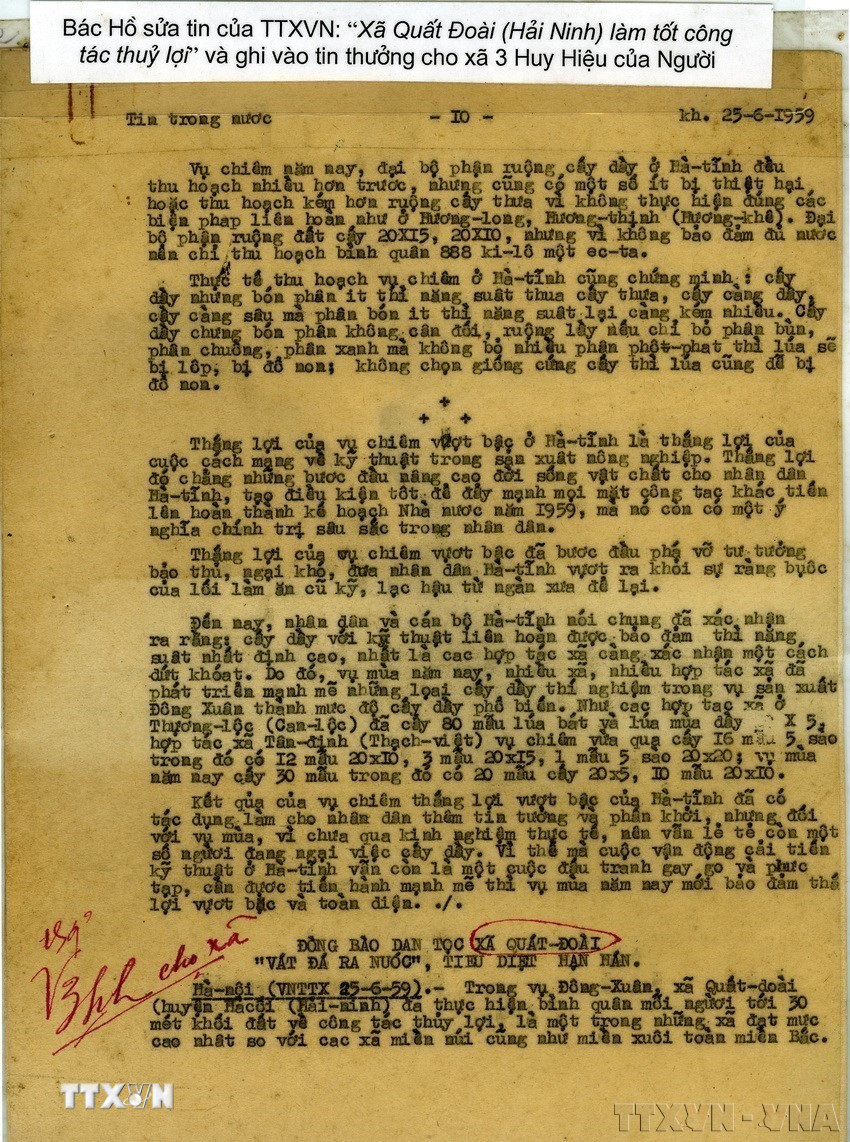
The press was an extremely important information channel for President Ho Chi Minh, in which he always had special affection and attention for Vietnam News Agency (now Vietnam News Agency). Despite being busy with a thousand and one things, every day, he still took time to listen to the radio and read VNTTX news. He personally edited each sentence and word, approved news articles, and gave professional advice to VNTTX reporters many times. In the photo: Uncle Ho's handwriting editing VNTTX news. (Photo: VNA)
At the same time, he always reminded journalists to pay attention to the audience. If you want the audience to understand, remember, and act on the content, you must write at the right level for the audience.
In a letter to the "Guerrilla Army" Newspaper (July 1949), he pointed out: "Write simply, easily understood, and practically. So that every compatriot and every soldier can read, understand, remember, and do."
When writing, you must ask yourself: Who are you writing for? What is the purpose of writing? How do you write? President Ho Chi Minh's journalism career has answered these questions very convincingly.
Re-reading his speeches and writings, it is easy to recognize the clarity of his writing style and the simplicity of his presentation, so that even difficult and complex content becomes easy to understand, easy to remember, and easy to follow.
For each specific subject, in each specific context, He has a suitable way of speaking and writing. If the subject is a foreigner, He has a very “Western” way of writing, profound, sarcastic, humorous, and subtle.
With the Vietnamese people, he spoke and wrote very simply, rustically, and intimately. With intellectuals and artists, he discussed the teachings of the sages, discussed issues of science, poetry, and art...
It can be said that President Ho Chi Minh's unique way of making and writing newspapers not only conveys Ho Chi Minh's thoughts but also deeply depicts his style.
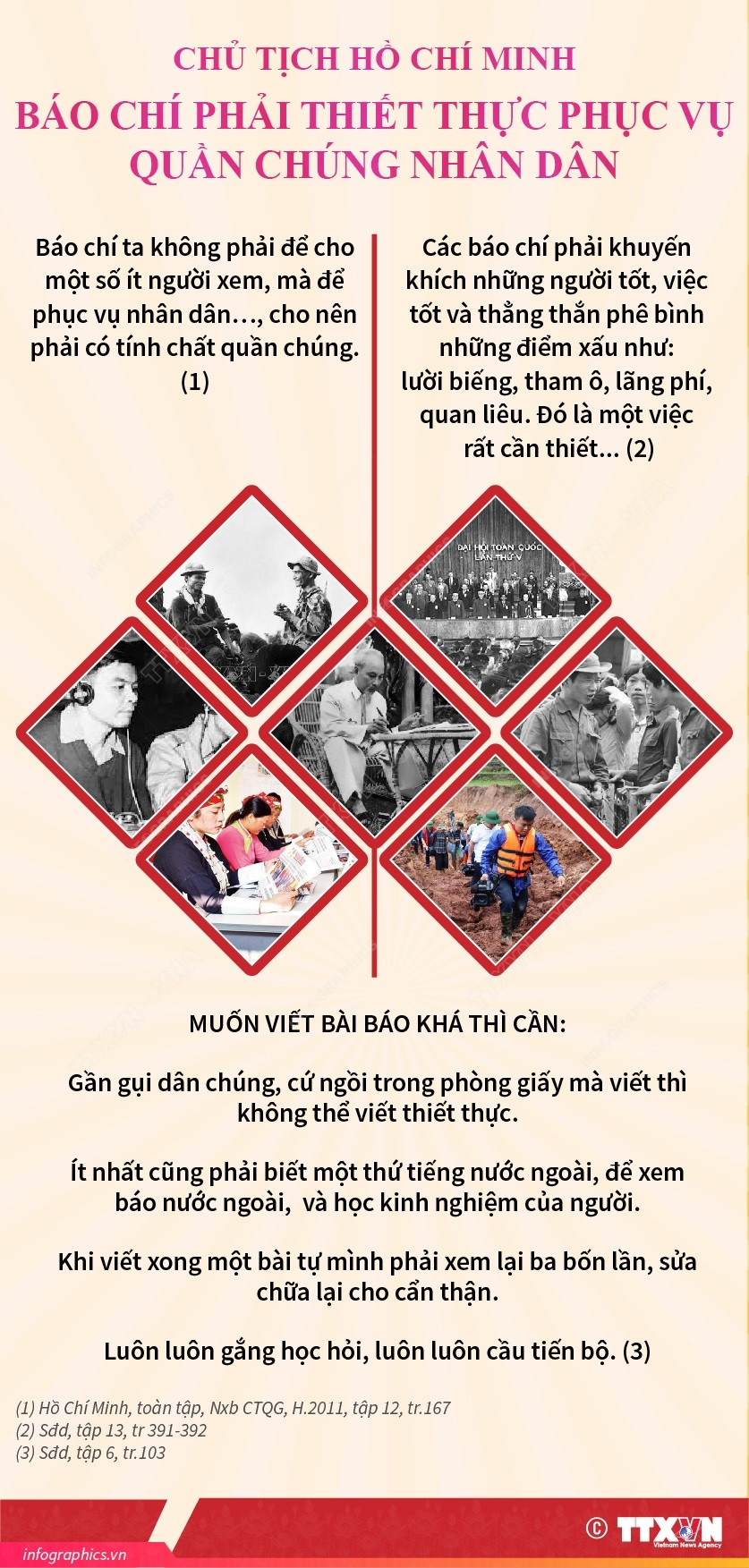
And his unique journalistic style will forever be the great teacher of Vietnam's revolutionary journalism. A century has passed since the first "fire" of Thanh Nien Newspaper was "lit" by him, the spirit of revolutionary journalism, the spirit of Ho Chi Minh, still "burns" brightly in every page, every frame of today's journalists.
From ideology to action, from theory to practice, President Ho Chi Minh not only laid the foundation but also formed the core values of revolutionary journalists.
That ideology still holds true today, serving as a guiding principle for journalists in the new era, so that the Vietnamese revolutionary press can continue to affirm its role as a vanguard force on the ideological-cultural front, accompanying the cause of building a prosperous and happy country./.
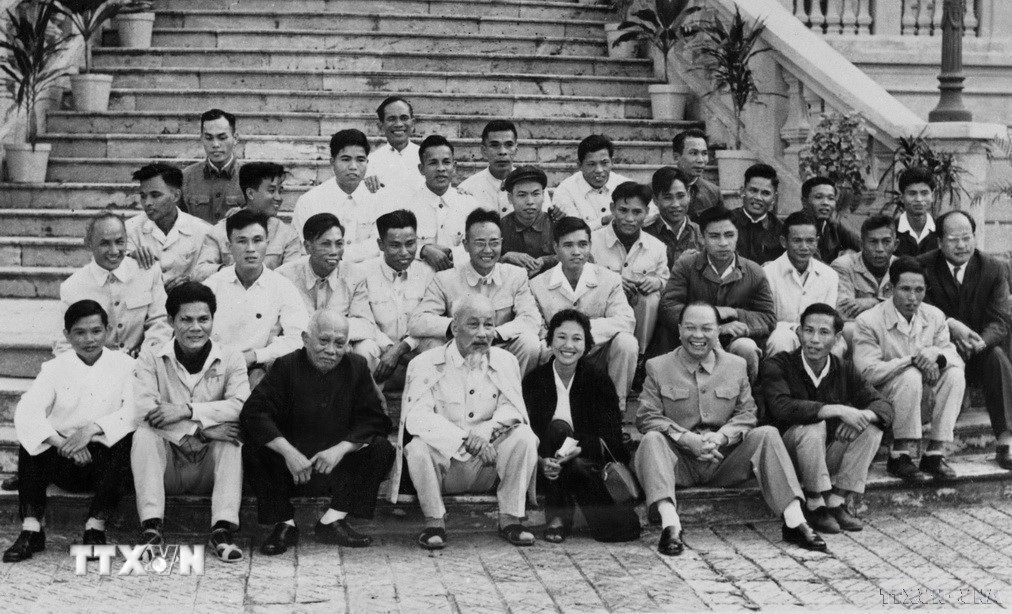
President Ho Chi Minh, Vice President Ton Duc Thang and comrade Truong Chinh took a souvenir photo with a group of news reporters and press serving the 3rd National Party Congress (1960). The person sitting between Uncle Ho and comrade Truong Chinh is journalist Huynh Thi Huong (reporter of Vietnam News Agency) and the person wearing glasses sitting behind Uncle Ho is journalist Le Ba Thuyen (Deputy Director of VNTTX). (Photo: VNA)
(Vietnam News Agency/Vietnam+)
Source: https://www.vietnamplus.vn/chu-tich-ho-chi-minh-nha-bao-lon-nguoi-thay-vi-dai-cua-bao-chi-cach-mang-viet-nam-post1044666.vnp


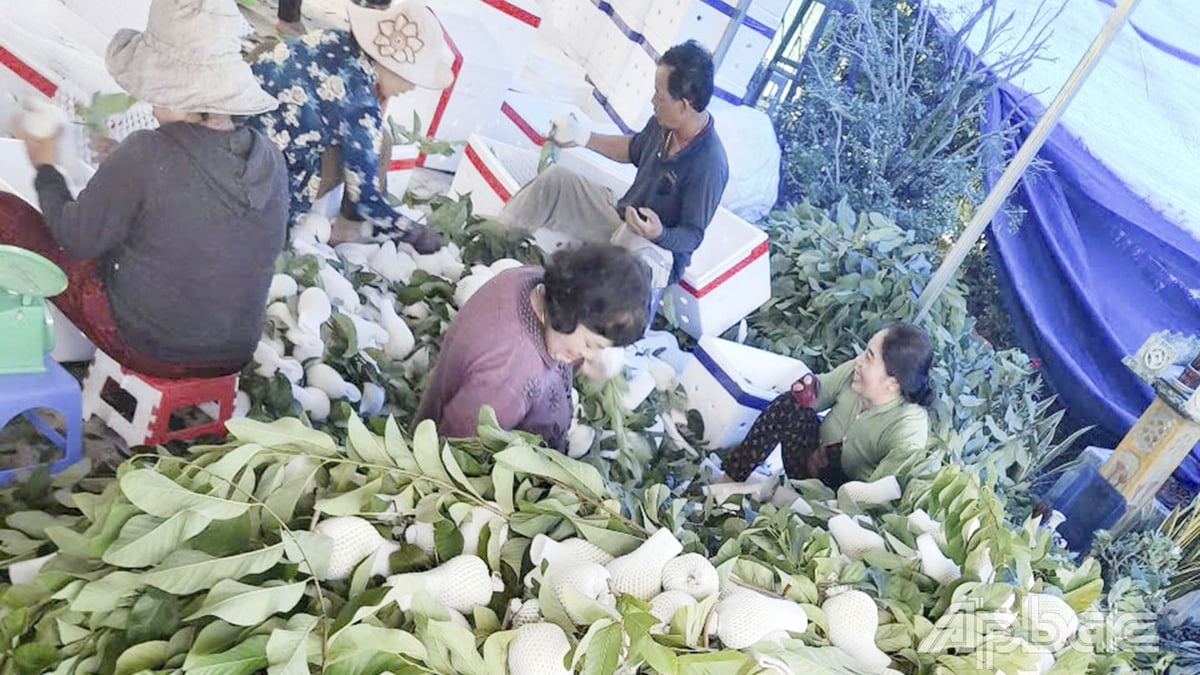
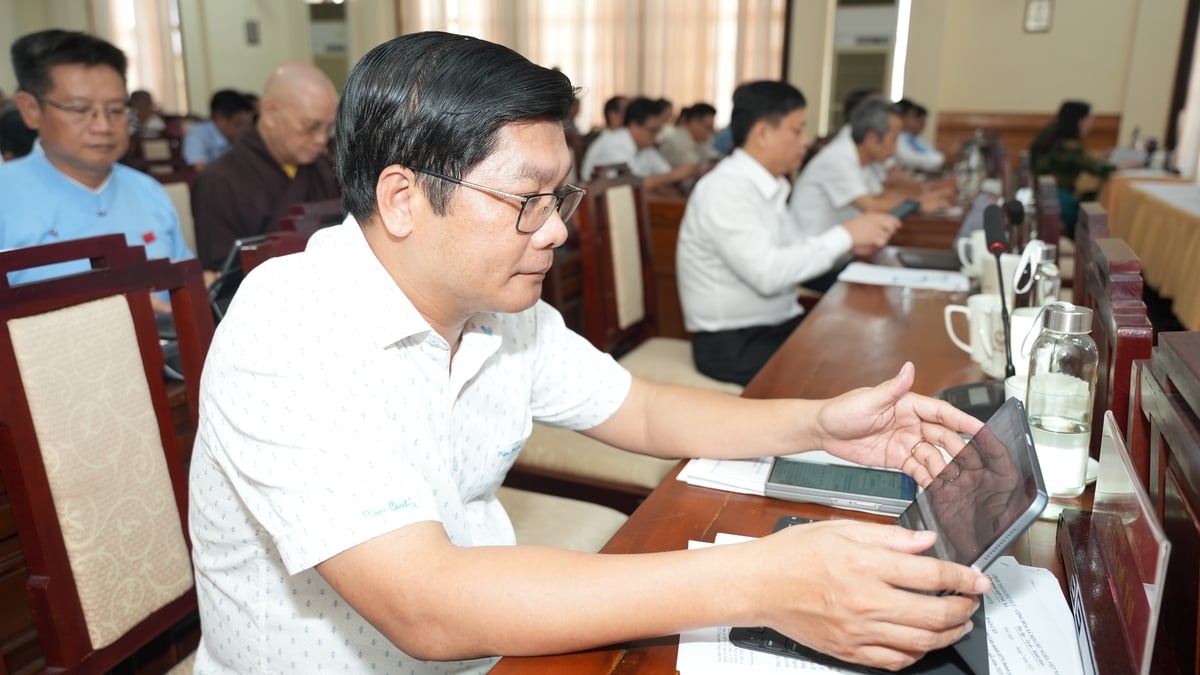
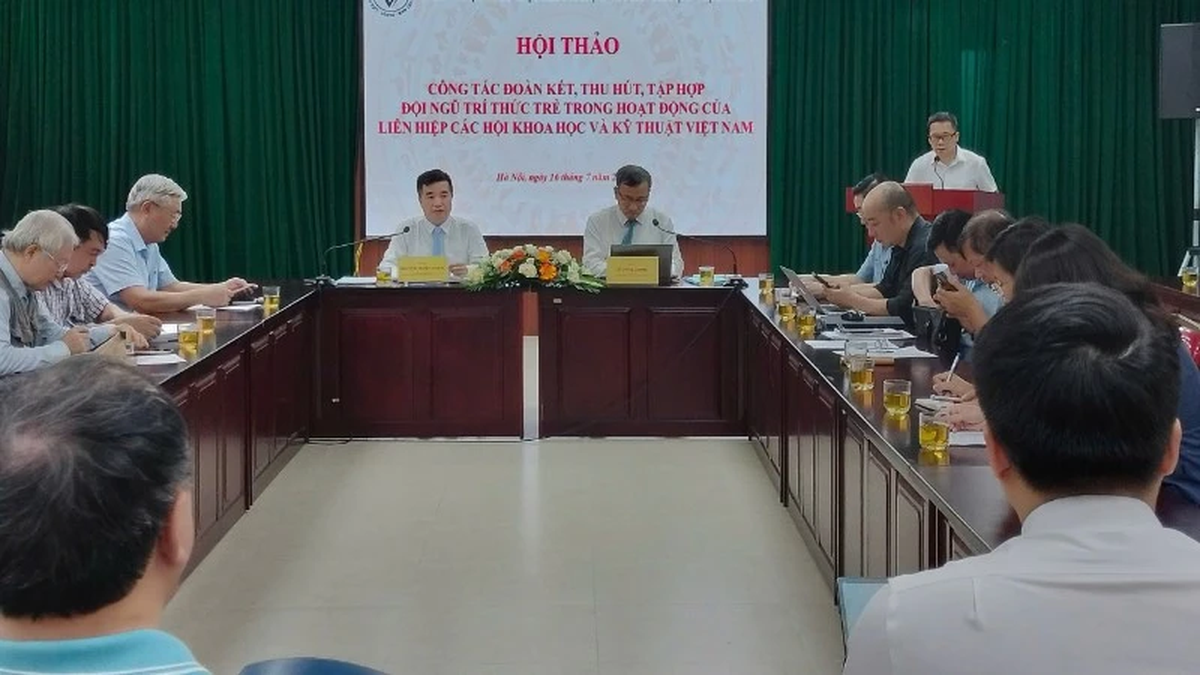
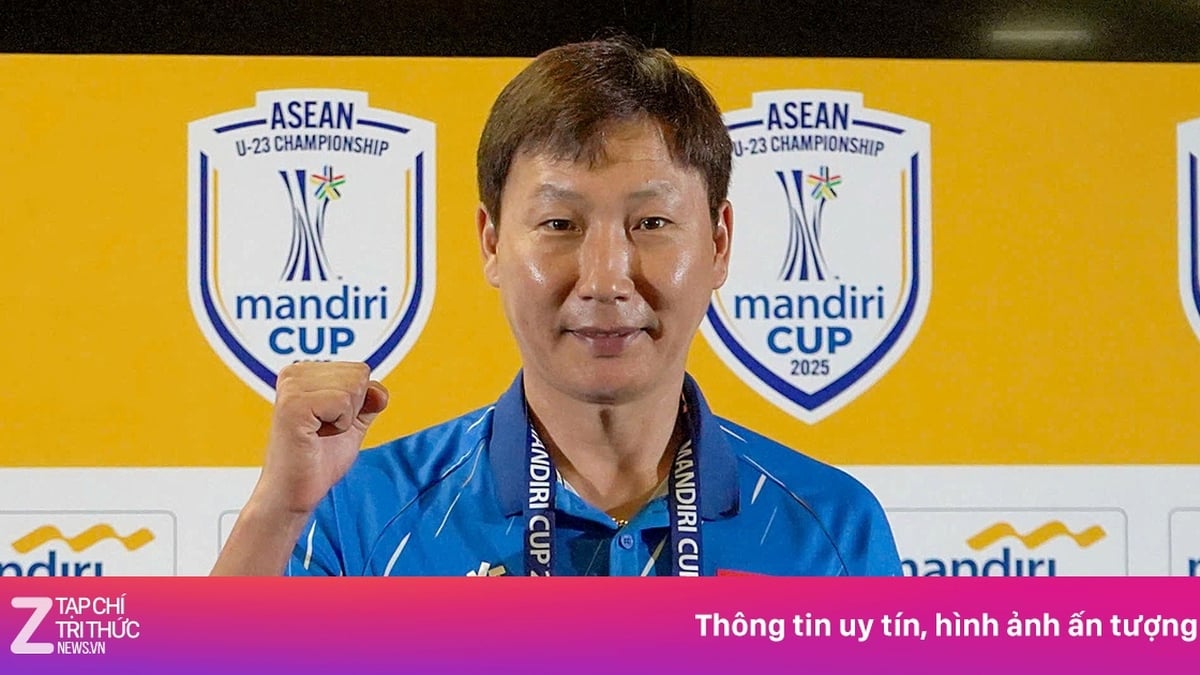
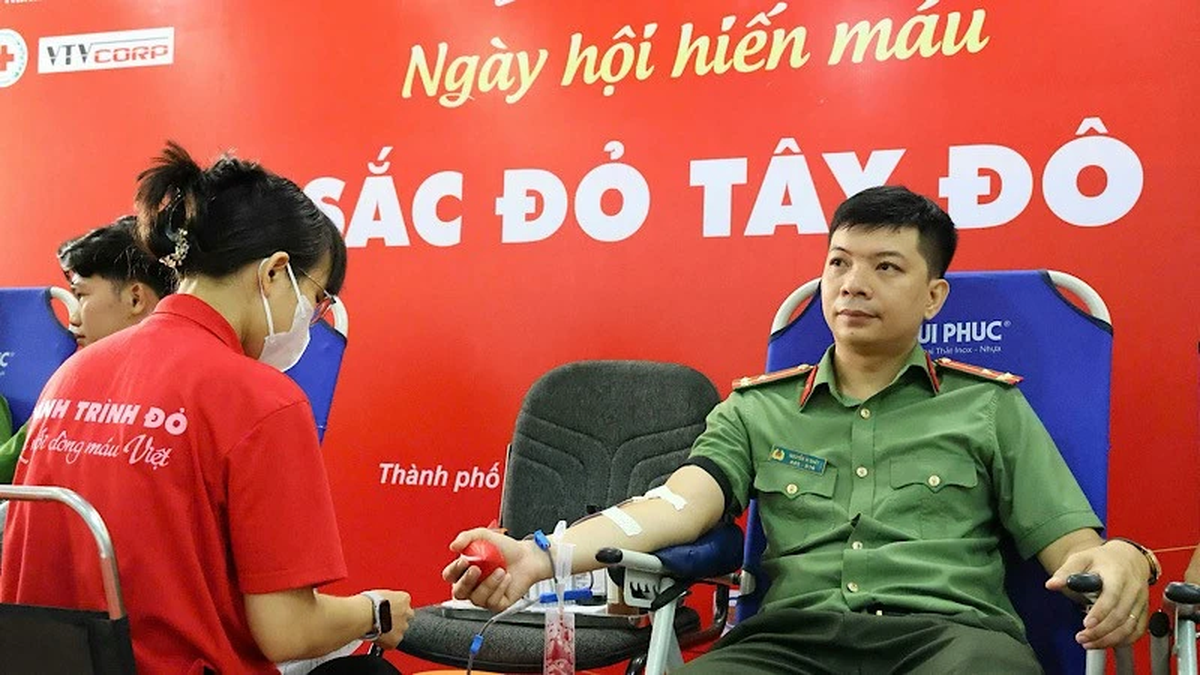


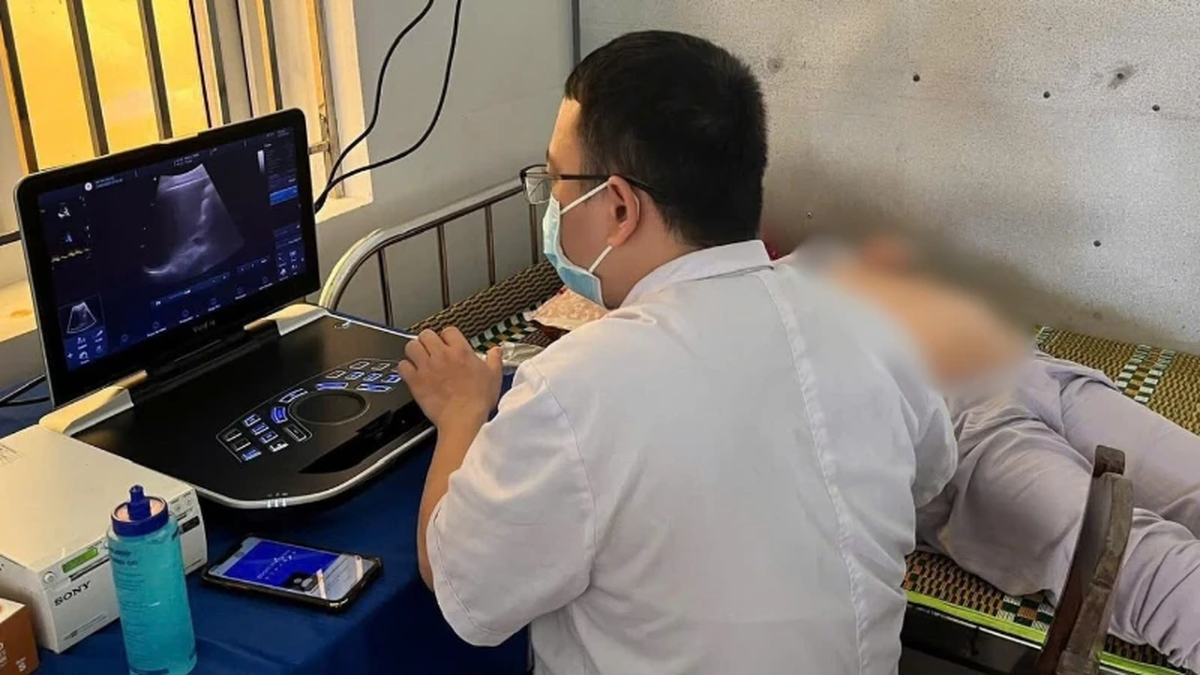
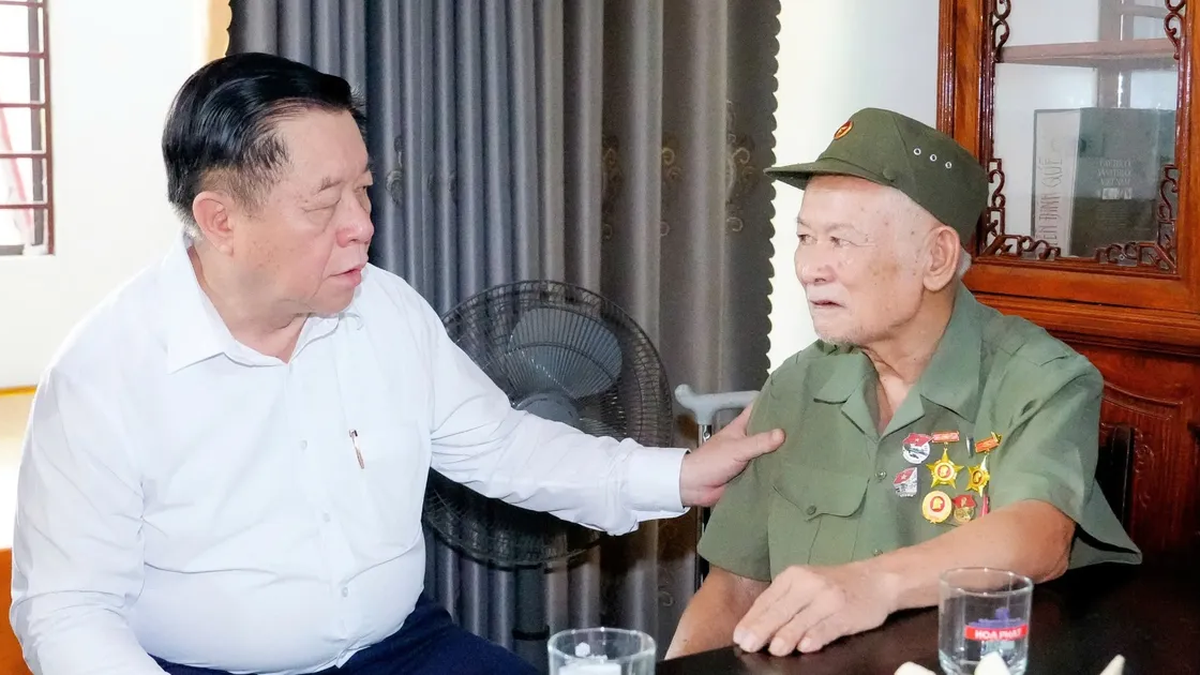







































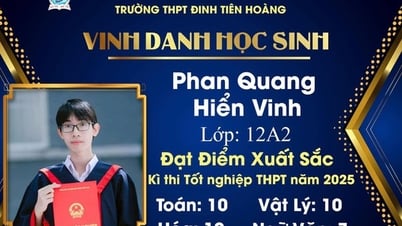







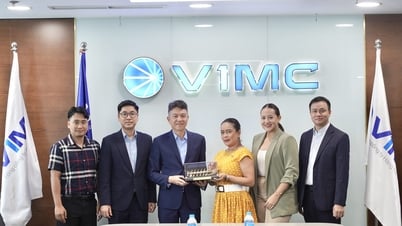





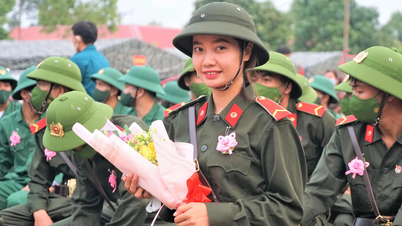
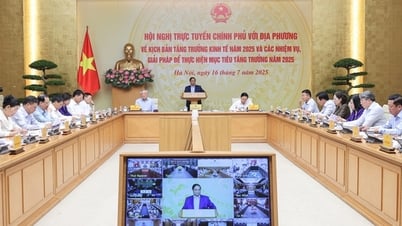


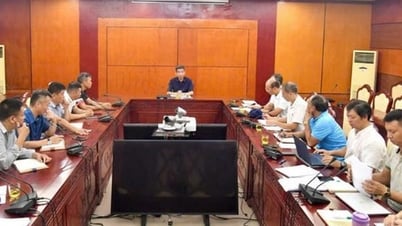
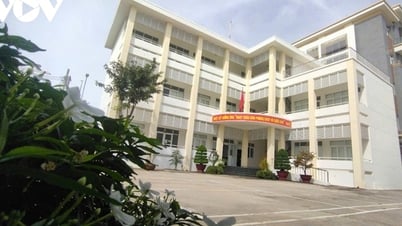


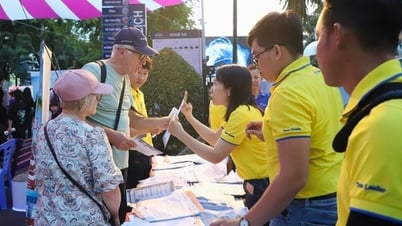























Comment (0)